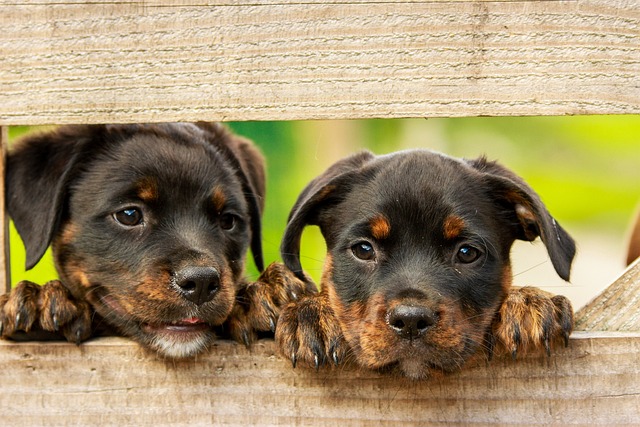Title: A Comprehensive Guide on Potty Training Your Puppy
Introduction:
Potty training your puppy is a crucial step in helping them become well-behaved and house-trained companions. If you’re wondering how to effectively potty train your new furry friend, you’ve come to the right place. In this guide, we’ll provide you with practical tips and strategies to make the process smooth and successful.
Understanding Your Puppy’s Needs:
Before diving into the potty training process, it’s important to understand your puppy’s natural instincts and needs. Puppies have small bladders and limited control over their bowel movements, making accidents inevitable during the initial stages of training. It’s crucial to be patient, consistent, and positive throughout the entire training process.
Establishing a Routine:
Creating a consistent routine is key to successfully potty training your puppy. Setting a schedule for feeding, water intake, playtime, and potty breaks can help your puppy learn when and where they are supposed to go to the bathroom. Here are some steps to establish a routine:
– Take your puppy outside frequently, especially after meals, naps, and play sessions.
– Choose a designated potty area in your yard where you want your puppy to eliminate.
– Use verbal cues such as “go potty” to associate a command with the action.
Positive Reinforcement:
Positive reinforcement plays a vital role in potty training your puppy. Whenever your puppy successfully goes potty in the designated area, be sure to reward them with treats, praise, and affection. This positive association will motivate your puppy to repeat the behavior in the future. Conversely, avoid scolding or punishing your puppy for accidents as it can lead to confusion and anxiety.
Consistent Supervision:
During the initial stages of potty training, it’s essential to closely supervise your puppy to prevent accidents indoors. Consider using a crate or a playpen when you cannot directly supervise your puppy. Remember that puppies have limited bladder control and may need to go outside frequently, especially when they are young.
Conclusion:
Potty training your puppy requires patience, consistency, and positive reinforcement. By understanding your puppy’s needs, establishing a routine, using positive reinforcement, and providing consistent supervision, you can successfully guide your furry friend through the potty training process. Remember, accidents will happen, but staying positive and consistent will help your puppy learn and grow into a well-mannered companion. Happy training!
